They’re young, fun and making agencies hum. Now Gen Z is joining the ranks, what can the industry learn from the new generation of suits?
Andrew Eiserman got into marketing and advertising by accident. Now he’s in love.
He’s an experience designer at dentsu Aotearoa, a role he applied for without realising what the agency did. He had just returned to Aotearoa after freelancing overseas.
“I got the job, came in and I was like, ‘Oh shit, this is an advertising company.’
“The fact that I get to do my nerdy design alongside kooky creatives makes for a wildly interesting collaborative process. Now I don’t think I could leave advertising. It’s been such a cool experience, and I definitely want to lean more into the creative side of things.”
A colleague, dentsu digital business co-ordinator Bobbi Passau, had her epiphany while in her last year of high school. She had been obsessed with the arts, but learning business studies with her dad gave her a taste of marketing.
A careers adviser said marketing might be the place for her.
“I just fell in love with it and knew it was something I wanted to do,” says Passau.
While completing her studies, she gained a place with TupuToa, an internship programme that provides employment opportunities for Māori and Pacific students.
“It empowers Māori and Pacific Islanders, giving them the tools to be able to thrive in corporate workspaces,” says Passau.
“I walked into the room and immediately it was smiles and laughter – that comfort level you get in a room of people who are quite similar to you. That sense of community was really key.”
The three-month internship involved one-on-one mentorship, group sessions and workshops, as well as a foot in the door at job interviews.
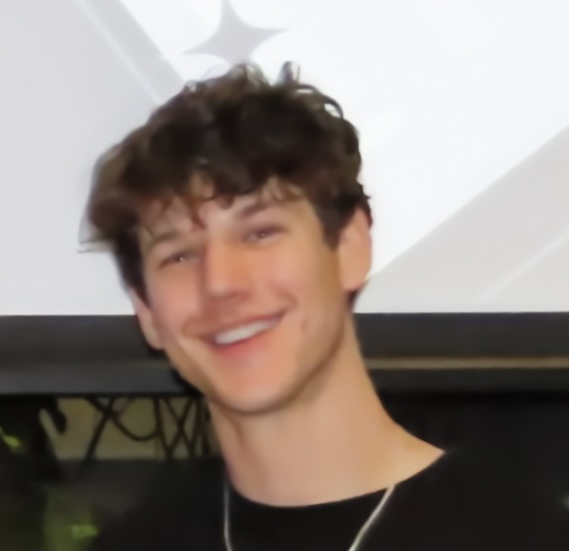
Cultural pride
TupuToa helped Passau become comfortable in an unfamiliar environment while also reviving her pride in her cultural identity.
“I didn’t grow up in an environment where being Māori was seen as positive. TupuToa shows you that your identity, your culture, is a strength,” she says.
“It’s really valuable to reach different audiences and different perspectives of people to make them feel seen. It creates a type of comfort where you feel OK to speak up and be yourself.”
Passau has been at dentsu for three months, and still receives “check-ins” from TupuToa mentors. Dentsu also has a community for Māori and Pacific staff that she is a member of.
“Everyone wants you to ask questions, wants you to learn from them and everyone has been in your position before so they understand,” says Passau.
This has been one of her biggest takeaways and pieces of advice to her peers – it’s better to ask than to sit there puzzled.
“Letting your ego go and just stepping in and being comfortable not knowing things was big for me.”
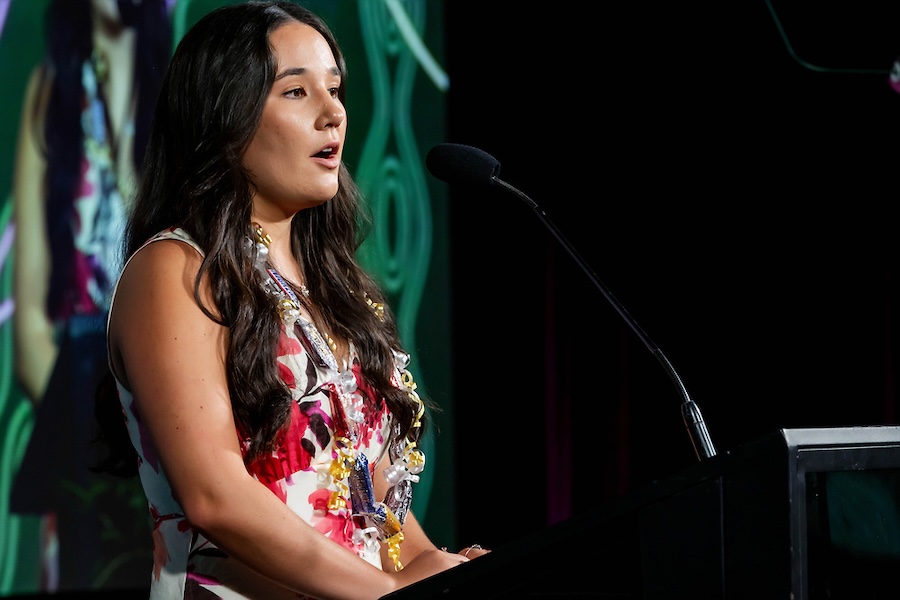
Embrace being weird
Many in the industry support young professionals. Business manager Ethan Kelland was on DDB Group Aotearoa’s graduate programme last year. Business co-ordinator Stef Wilson is a current member.
Kelland describes the programme as a “well-rounded deep dive” into DDB and the industry.
His highlight was a session with Kate Lyons, head of business management, who shared insights into being “a great suit” as well as the crucial message: “It’s OK to make mistakes, as long as you own it.”
Another big takeaway for Kelland: “Just be true to yourself… embrace being weird.”
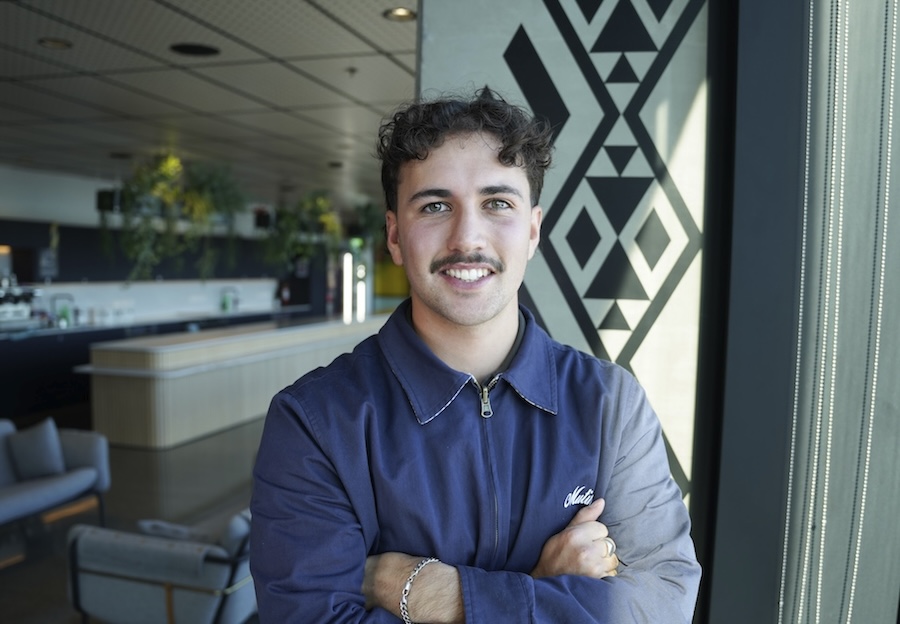
Wilson says the programme provides valuable opportunities for young professionals to sit down with senior leadership from across the agency.
“They’ve got a load of wisdom to share and it’s really interesting seeing how that all comes together to make DDB.
“When you are younger and you get told about marketing and advertising, you only really see what is in the movies. It seemed like this easy thing that you would go and make an ad,” says Wilson.
A pair of creatives took her graduate group through the process of receiving a brief to making the ads: “We had helped write those briefs and it was really interesting to see what they take from it and how it evolves at each stage to become the final ad.”
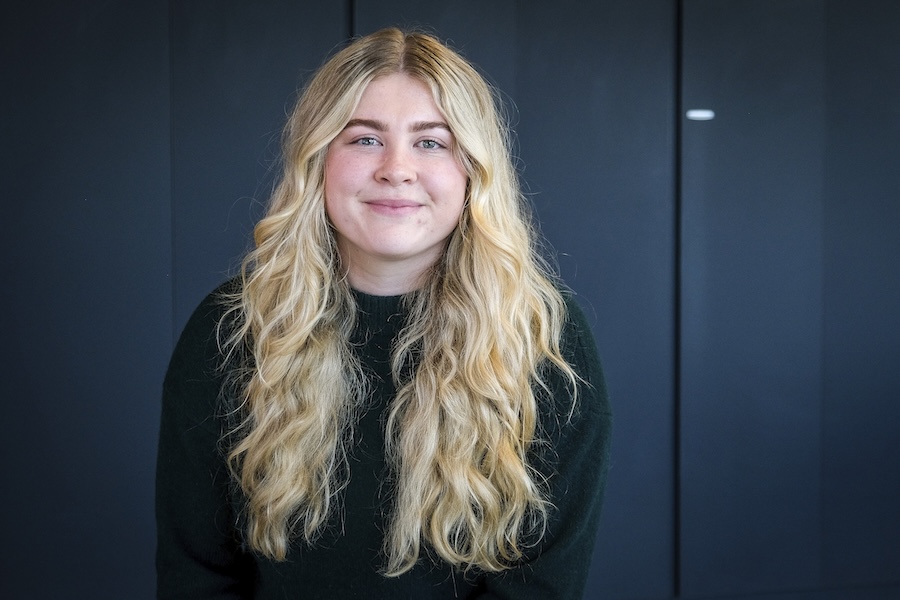
Passion strikes a chord
Strategy director Jack Murphy did the graduate programme back in 2012. It had a profound impact on him – especially the passion from DDB’s strategist at the time, Lucinda Sherborne.
“I remember not so much what she said, but how she said it. That always struck me and I was like, ‘Maybe planning could be fine if people get this excited about it.’”
Murphy was another accidental entry into the industry – he came via the art auction world. Like Passau, he loved the intersection of commerce and creativity. Every now and then he runs one of the graduate programme sessions.
“I think it’s very easy to lose sight of just how little you know when you come into the industry. So running the grad programme courses can actually be a good refresher.”
Eiserman is chair of First Five Rungs in Auckland, an industry body for young professionals set up by the Comms Council. He’s also involved in dentsu’s early careers programme.
For him, it’s about acknowledging how challenging it can be when you first set foot into the industry.
“I landed on my first day and I had no idea what on Earth was going on. I knew so little and then I also realised that it’s so fast-paced that it’s hard to learn and it can be really overwhelming.”
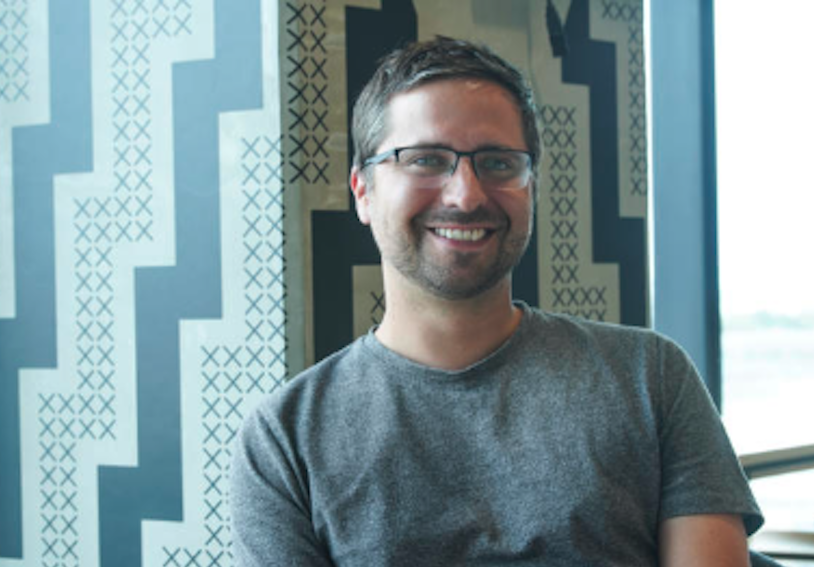
Mental health is key
First Five Rungs is an opportunity to bring people together but also find ways to improve the industry for young people, he says.
He’s passionate about mental health: research from the last few years shows roughly half of those in their first five years in the industry have mental health challenges.
The aim is “to create an environment where people feel supported, where people feel that they aren’t so much tied to one agency in particular and feel they have a network of people going through the same experience”, says Eiserman.
Auckland University of Technology senior lecturer of marketing Jessica Vredenburg agrees that mental health and wellbeing are of utmost important to the Gen Z students she teaches: “They seek supportive learning environments that prioritise wellness and provide the resources and support needed to prevent or cope with stress and burnout.”
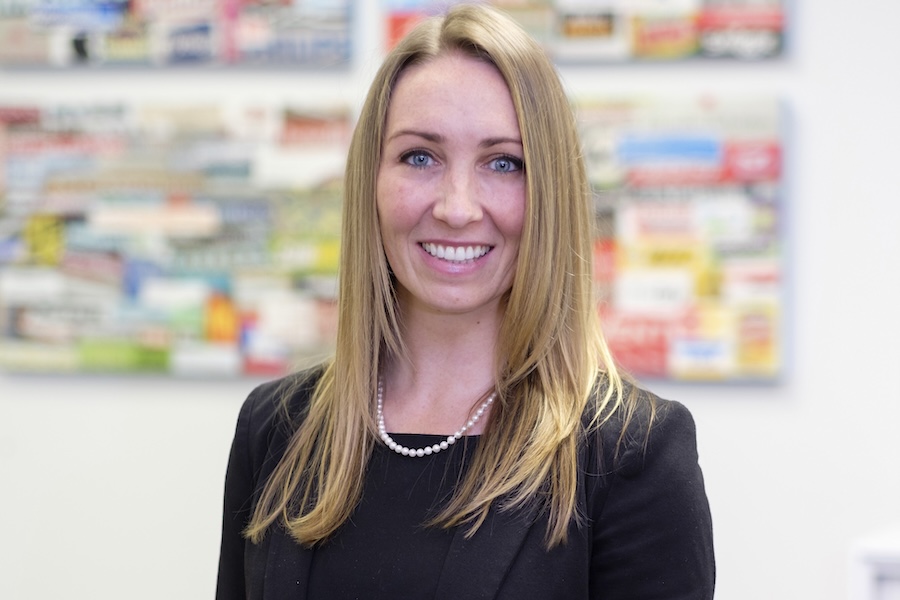
Capturing attention
Passau says she never really paid advertising and marketing much attention but after her first week in the job, that all changed.
“I’ve never seen so many billboards and actually looked at them. I’ve never put that all together with the ad on my phone – it’s the one that’s up there and the same one that’s on my TV when I get home.
“The connection was just so mindblowing. The thought process that goes behind it and the strategies and the placements, the timings, everything. I had no clue.”
Eiserman, Kelland, Wilson and Passau have all become more attuned to what makes people – their Generation Z peers in particular – engage with campaigns.
Wilson says Gen Z’s reputation for its short attention span is one of the most important aspects they consider, especially when it comes to creating social media campaigns.
“We always aim to get that hook in the first three seconds and keep everything under 30 seconds.”
A low tolerance for dullness
But Murphy offers an alternative perspective: “I think Gen Z have a low tolerance for uninteresting content, but they’ll watch four-hour YouTube videos – that’s not a low attention span.”
The answer? “Be more interesting than the thing they want to watch – because right now all we’re doing is trying to buy their attention at increasingly high costs.”
Passau agrees that Gen Z audience is very discerning when it comes to marketing and advertising campaigns due to the high volume thrown at them.
“We are very good at filtering out what we feel is fake and what’s real. So authenticity really helps and humanises the brand. If you feel like you know them on a personal aspect, you’re more inclined to listen.”
Kelland and Wilson talk about how activations are making their mark – like supermarket chain Lidl’s crossaint handbag for London Fashion Week 2024 – and how the resulting engagement is being propagated by social media.
“It’s about getting the right brand partnerships with the right influencers, or showing up in the right spaces for your brand, not trying to make it fit,” says Kelland.
It changes every day
Wilson has been doing a lot of social media work for the New World account and says it is a big opportunity for engaging with Gen Z. The challenge is the way it evolves so quickly. “There’s so much to learn. But then it changes every day, so you’ve got to learn it all over again.”
How do you keep up? “Just spend a lot of time on TikTok,” she laughs, but then credits the DDB social team who she says are “ahead of the game.”
AUT advertising and brand creativity lecturer Dan Fastnedge says social media shifted the centre of gravity for the industry. “Our students are native to every platform nuance – tone, meme, trend. It makes them incredibly valuable for clients wrestling to stay relevant with younger demographics.”
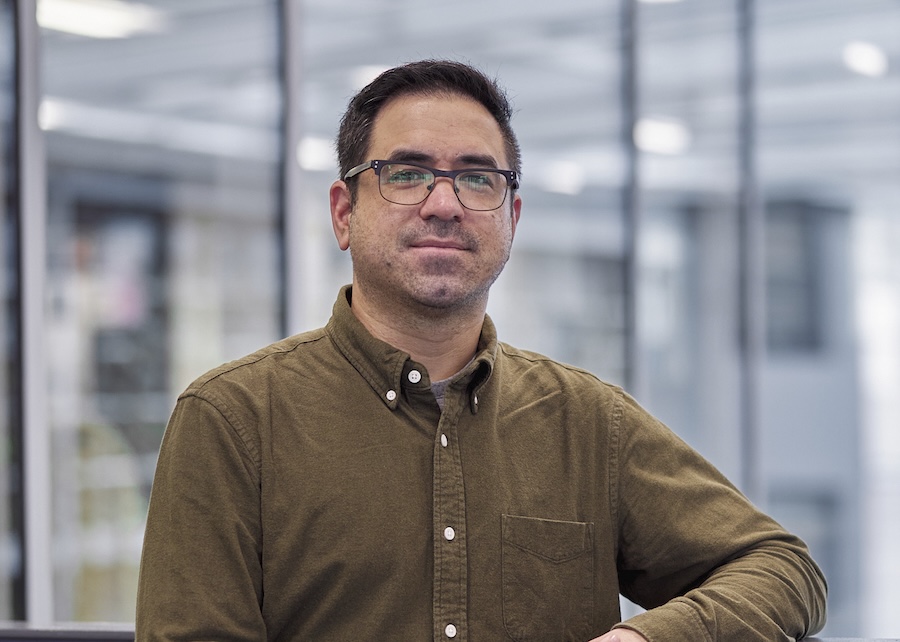
First it was social, now it’s AI
He labels AI as “the next seismic plate shift”. He is part of AUT’s team researching how ad agencies in Aotearoa are using generative AI tools.
The research started with interviews with a range of creatives in 2023, just after DALL-E 2 dropped. There was a sense of anxious optimism – seeing the tools as handy for pitch mock-ups and quick asset generation but not yet final artwork.
Phase 2 is under way now and investigates if perceptions are changing, where AI is being used effectively and what issues people are facing.
With information so readily at our fingertips, thanks to the internet, brands can’t hide or pretend to be something they’re not. The consensus is that being fun, authentic and transparent is key. “Back that playfulness
and weirdness and showing up in a real way,” says Kelland.
Eiserman points out Gen Z audiences respond genuinely to companies and brands that align with their values.
“Whether it’s social impact or ethical business practices, there’s a much stronger connection when we feel like our purchasing power is going toward something meaningful.”
Highly skilled
Fastnedge finds himself constantly impressed by Gen Z’s range of skills: “They edit reels in CapCut before breakfast. Last year, a student edited a video on our return flight from presenting to TBWA\ Melbourne.
“Edit, soundtrack, copy. And did it all on a phone – it was great.”
Vredenburg says not only is Gen Z highly skilled across digital platforms, they also bring a “refreshing human-first mindset.”
“They are socially conscious, delivering valuable insight on issues such as sustainability, diversity and social justice. They tell me they are ‘not just working for money, we’re seeking purpose and passion’.”
Learning to fit into traditional workplace environments and hierarchies can be a challenge when entering the workforce, but Gen Zs are not afraid to advocate for inclusivity and support,
she says.
Eiserman reminds other young professionals that seniority in an industry doesn’t define how good your ideas are. “I would encourage Gen Zs, especially ones in their first few years, to make their ideas heard.”
They’re hiring Gen Z for a reason
Senior advertisers might have a wealth of knowledge and talent but they don’t have the experience of Gen Z, he adds.
“They’re hiring Gen Z for a reason and it’s not just beause they’re cheaper and they’re junior. It’s because they come with a unique perspective. Any time you talk to someone that is senior, they can always remember the first time they gave input into a campaign and how that made them feel.
“So many times I see ads and I’m like: if only they showed this to a Gen Z person before they put it live,” says Eiserman.
They all recommend being open-minded and saying yes to as many opportunities as possible – because you don’t know if you like it until you’ve tried it.
“So just give it all a go,” says Passau. “The worst thing that happens is: OK, I don’t want to do that again.”







